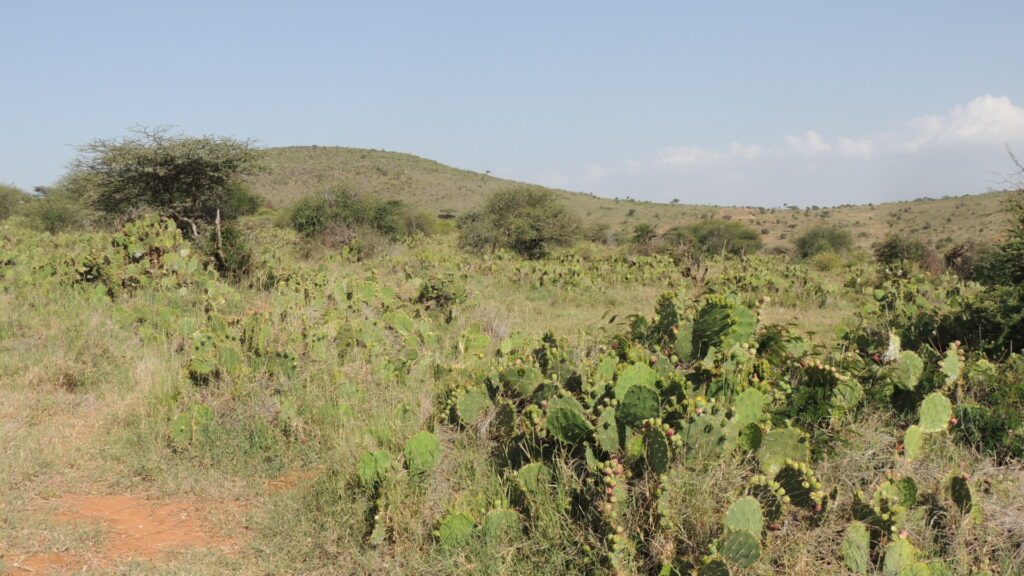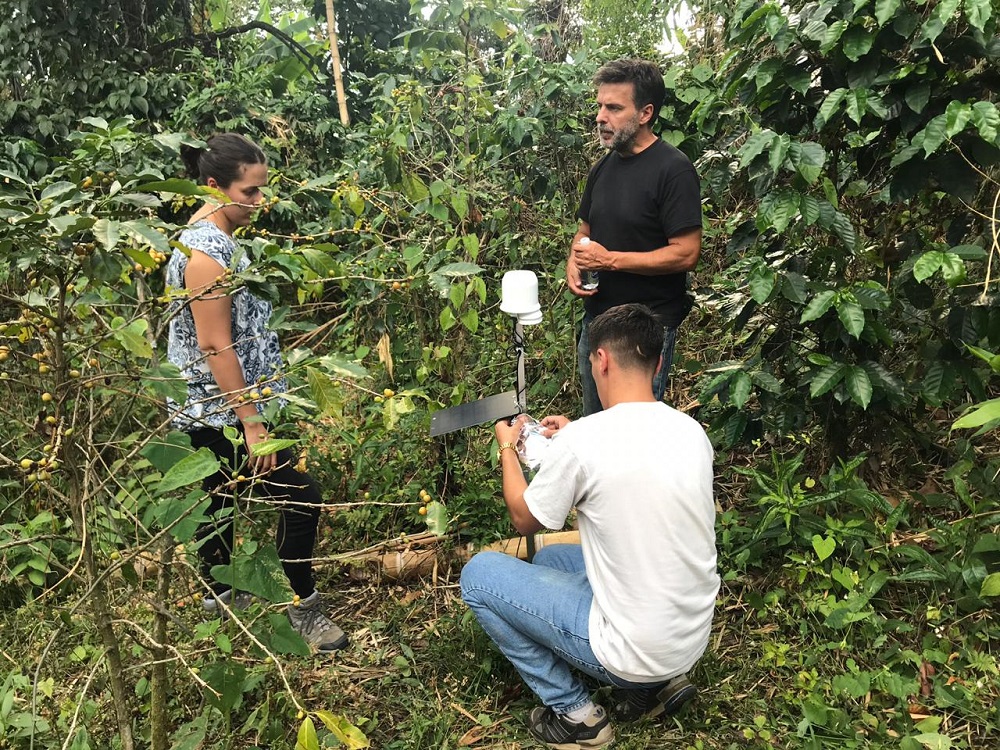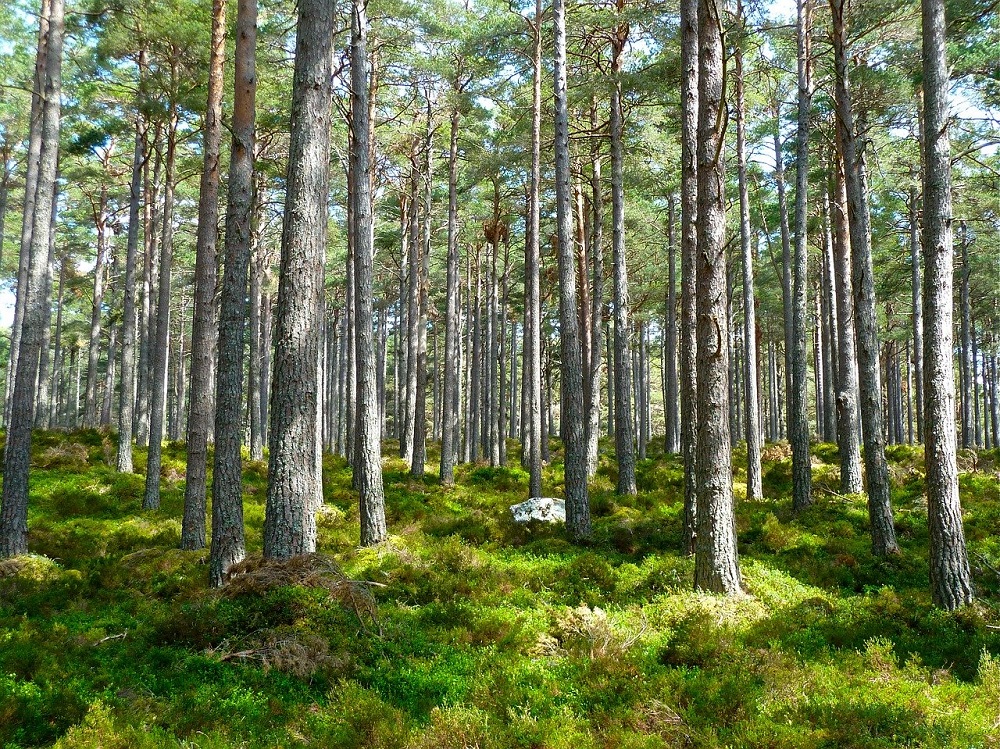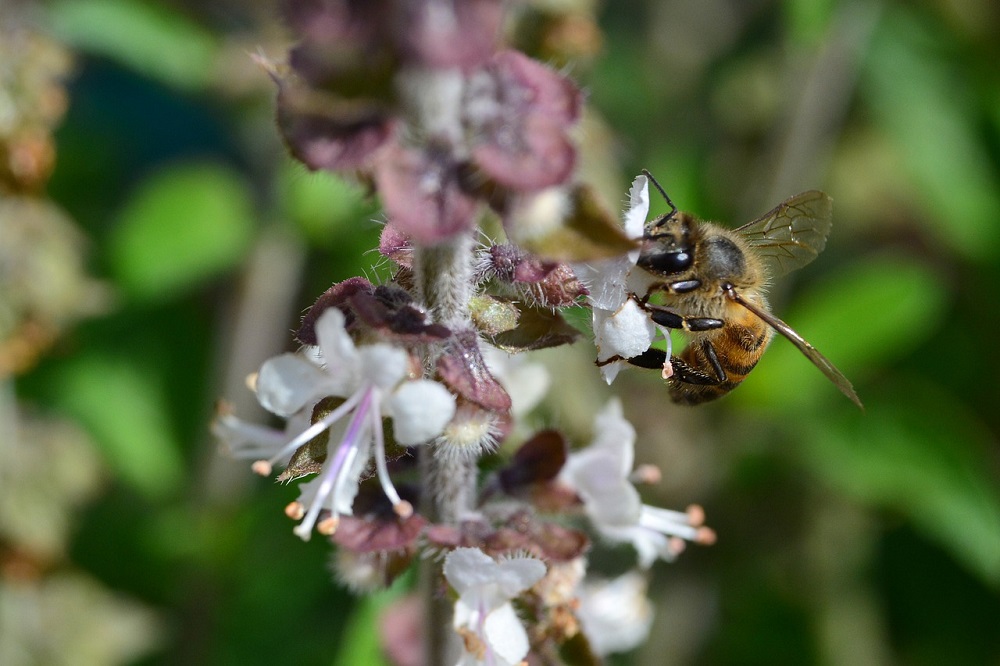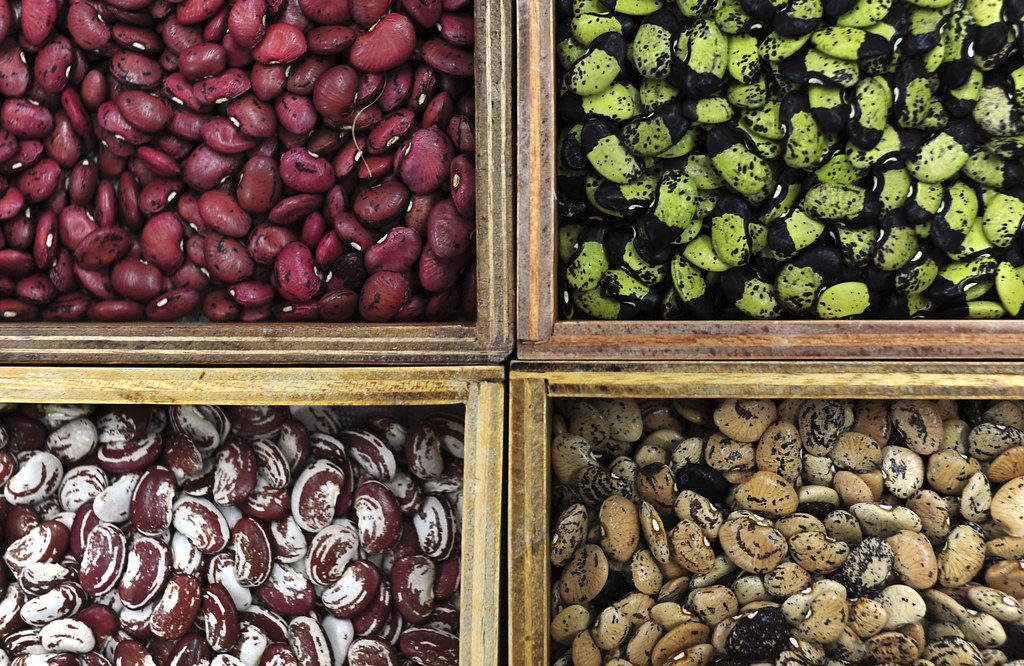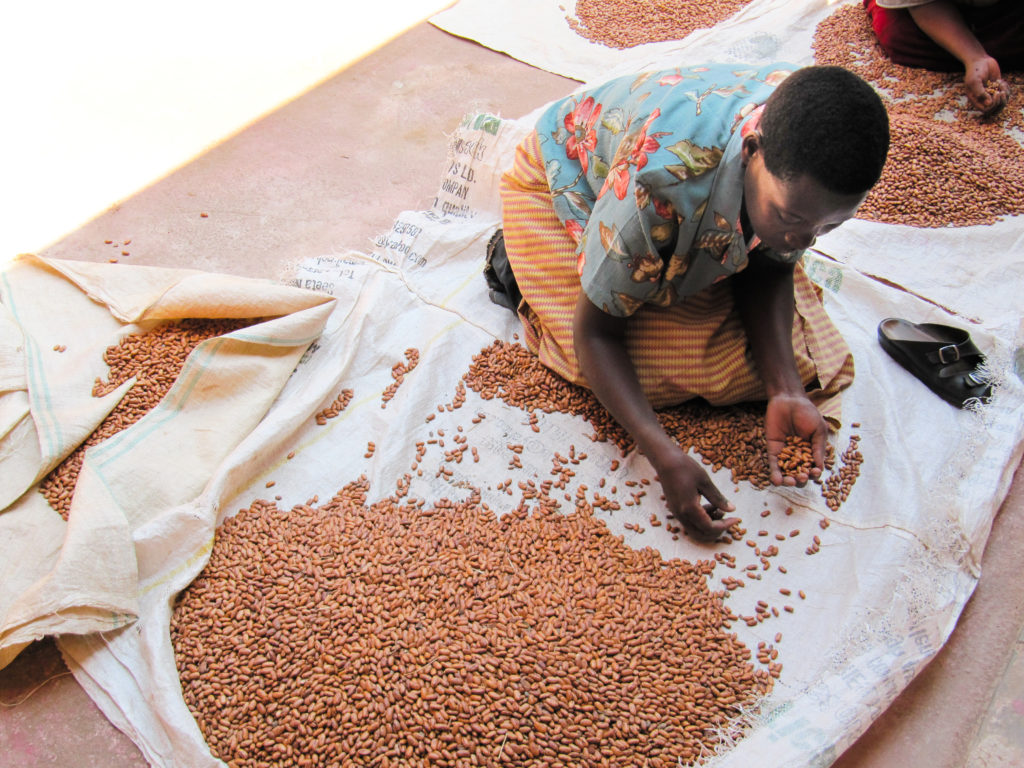African scientists call for urgent action to control use of neonicotinoid pesticides
African scientists are calling for urgent action to control the use of toxic neonicotinoid pesticides, which are already banned in Europe, for fear of them having an adverse effect on biodiversity and food security in Africa. SciDev.Net reports that Enock Dankyi, a member of the Ghana Academy of Arts and Sciences and a lecturer at…
How countries around the world are leveraging agriculture to improve nutrition
By Shenggen Fan, Sivan Yosef, and Rajul Pandya-Lorch This blog post is the third in a 3-part series accompanying the release of the book Agriculture for Improved Nutrition: Seizing the Momentum, co-edited by Shenggen Fan, Sivan Yosef, and Rajul Pandya-Lorch (co-published by CABI Publishing and IFPRI). The book was launched at a Feb. 28 event…
Growing agriculture: nutrition community points the way to achieving SDG2 by 2030
By Shenggen Fan, Sivan Yosef, and Rajul Pandya-Lorch The Sustainable Development Goals (SDGs) have launched a race to transform our world for the better little more than a decade from now. The goals are idealistic, setting a high bar for every aspect of quality of life, from health and education to gender equality and climate…




